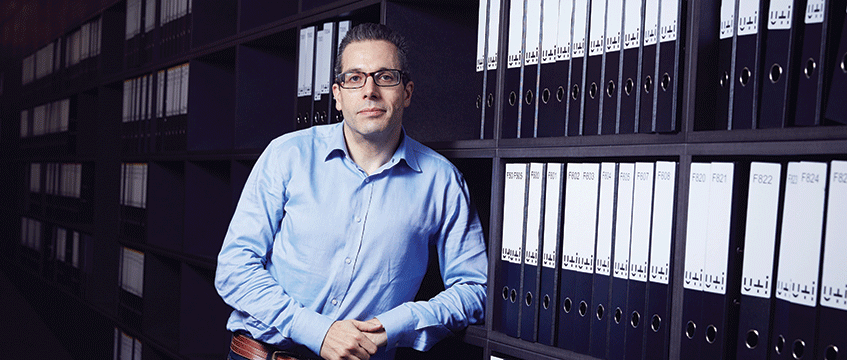U+I has missed its development and trading gains target for its latest financial year, stating it has been “severely affected” by a chain of events leading up to the Covid-19 crisis.
The firm delivered £11m of development and trading gains against its targeted £35-45m in the year ending 31 March, posting a loss before tax of £58.6m. The latter compares with £6.3m profit in the previous year.
The developer blamed its losses on delays caused by “unprecedented combination of firstly, Brexit, then political uncertainty in the run-up to the general election in December 2019, followed, after a brief respite, by the Covid-19 pandemic”.
U+I took a £13.5m revaluation hit, with its losses also partly attributed to £20.1m provisions on two historical projects, and a £21.1m impact from overhead and net interest costs that were not fully offset by development and trading gains.
Basic NAV per share fell 19.7% to 232p year on year. The company’s gearing, excluding jvs, has increased to 44.9% from 38.6% in the previous year.
It estimates that it can withstand a further 25% fall in capital values within its investment portfolio before breaching LTV covenants.
The developer has taken action to cut costs, including reducing development capex by £33m for FY2021 and ceasing all discretionary spend. It also expects to realise £1.4m of annualised savings through its redundancy programme, and has reduced pay for directors and senior staff.
It has decided to withdraw from a joint venture with Joseph Partners appointed by Barnet Council to redevelop North Finchley High Street. U+I said the viability of the scheme had not progressed sufficiently to allow it to commit future investments in the current market.
The company has a £10.8bn pipeline of mixed-use regeneration schemes, with either resolution to grant planning or consent in place for more than 6m sq ft.
Within its investment portfolio, 60% of March rents have been collected and a further 13% will be collected through alternative payments plans.
Matthew Weiner, chief executive (pictured), said: “Confidence briefly returned to the market in early 2020 with strong interest in commercial and residential space following the general election. However, the onset of Covid-19 caused most decision-making and development progress to grind to a halt. The socio-economic impact of Covid-19 will continue, at least for the short-term, driving new trends and behaviours.
“However, the challenges of Covid-19 bring about real opportunities for companies like ours as they accelerate the structural need for inspiring, affordable, convenient mixed-use spaces where communities can thrive.
“Our business model, centred on regenerating underestimated sites, often too complex for others, means we are particularly well-placed to benefit from this demand, as – more than ever – the public and private sector rely on trusted partners to help them to unlock value from their existing assets, many of which are rich in history and character.”
He added that it is “also a time to consider opportunistic acquisitions”.
Weiner said: “We have responded quickly to the unfolding Covid-19 pandemic, strengthening our balance sheet and accelerating our efficiencies programme, which will enable us to emerge stronger once markets start to normalise.
“Our size, agility and distinctive approach, combined with our efficient capital structure, give us confidence that we will deliver on our future targets.”
To send feedback, e-mail pui-guan.man@egi.co.uk or tweet @PuiGuanM or @estatesgazette











